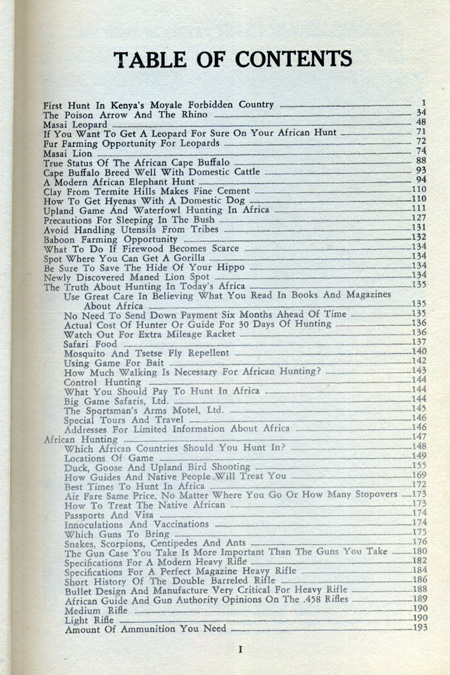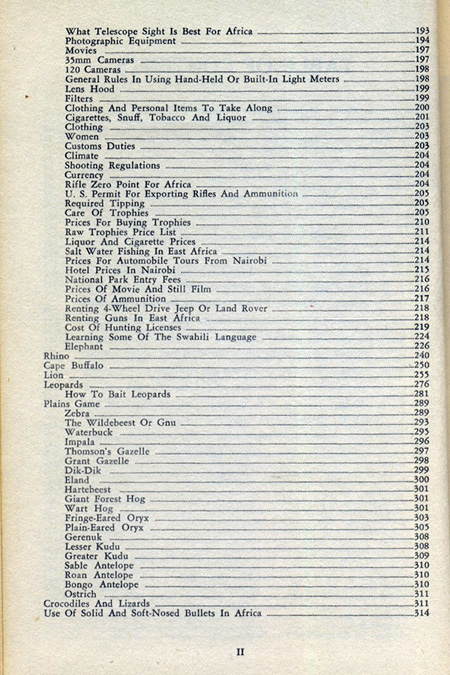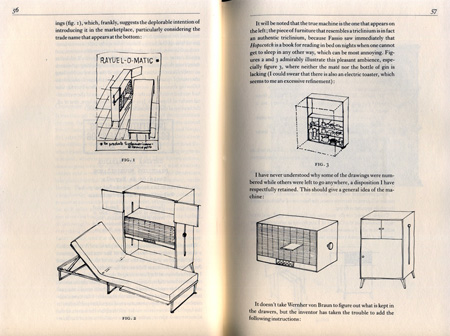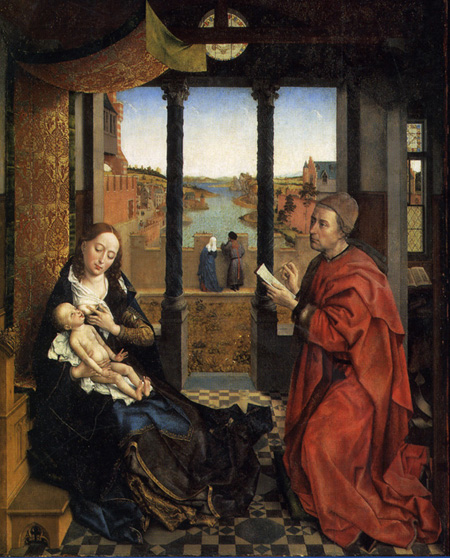“An illustrious bell-caster, with a long beard and unconditionally an atheist, one day received a visit from two clients. They were dressed in black, and very serious, and showed a swelling on their shoulders, which made it cross the atheist’s mind that that was where their wings might be, as are said to be found on angels; but he paid this thought no attention, since it didn’t align with his convictions. The two gentlemen commissioned a bell of great dimensions – the master had never before made anything similar – and they wanted it cast in an alloy he had never before employed. They explained that the bell would emit a special sound, utterly different from the sound of any other bell. At the moment of departing, the two gentlemen explained, not without a trace of embarrassment, that the bell was to serve for Judgment Day, which by now was imminent. The master bell-maker laughed a friendly laugh, and said that there would never be a Judgment Day, but that all the same he would make the bell as indicated, and within the established time. The two gentlemen paid him a visit every two or three weeks to see how the work was proceeding. They were two gloomy gentlemen, and, despite their admiration for the master’s work, seemed secretly dissatisfied. Then, for a time, they didn’t return. Meanwhile, the master bell-caster had brought to completion the largest bell of his life, and recognized that he was proud of it; and in the secret place of his dreams he could see himself desire that so beautiful a bell, unique throughout the world, be used on the occasion of Judgment Day. When the bell had been finished, and mounted on a great wooden trestle, the two gentlemen reappeared; they looked upon the bell with admiration, and at the very same time with profound despondency. They sighed. Finally, the one who seemed more authoritative turned to the bell-caster and confessed in a low voice, ‘You were right, dear master; there will never be, neither now nor ever, any Judgment Day. There has been a terrible mistake.’ The master bell-maker regarded the two gentlemen, he too with a melancholy air, but his melancholy was happy and benevolent. ‘I’m afraid it’s too late, gentlemen,’ he said with a quiet, steady voice. He pulled the cord, and the great bell swung and sounded, loud and strong, and, as it had to be, the Heavens opened.”
(Giorgio Manganelli, from Centuria: 100 Ouroboric Novels, trans. Henry Martin, pp. 135–6.)




